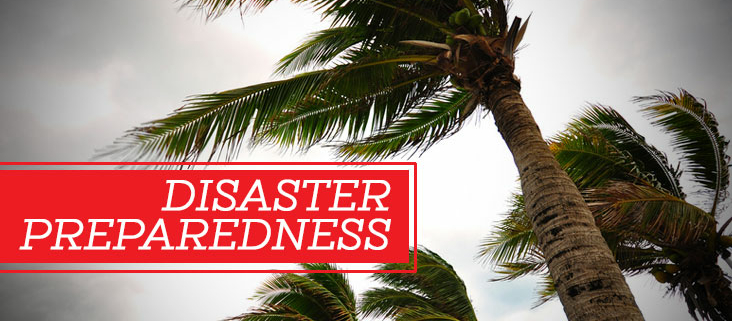Are you a weekend warrior?
Check “yes” if you’re someone who’s physically inactive most of the week, and then approaches exercise on the weekend with the rigor of an elite athlete.
If this is your plan of action when it comes to exercise, you may want to rethink it. Weekend warriors have a higher risk of being injured – both because of overdoing it in a short amount of time and because of poor conditioning.
Reduce your chance of hurting yourself with the following:
- Realize that exercise doesn’t have to be “all or nothing.” Look for ways to sneak extra movement into your day.
- Increase activity gradually. The American Heart Association recommends 30 minutes of exercise a day, 5 days a week. Break this into smaller goals for yourself so you can attain it. If three 10-minute sessions are easier for you to accomplish, then do it.
- The “best” time of day to exercise is whatever time works for you.
- Start at a lower intensity, and warm up before beginning an activity.
- With any sport or exercise, always learn and use proper techniques and follow safety guidelines.
- Put your workouts into your calendar as appointments. Be sure to keep them.
- Wear comfortable shoes every day that you can move about easily in no matter where you are or what you’re doing…and then move!



